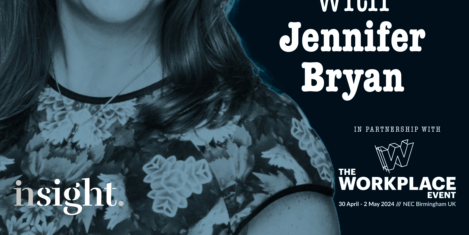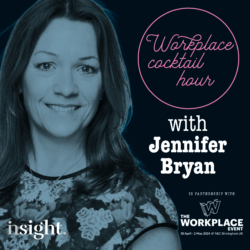April 18, 2024
Majority of young professionals feel happy about embracing AI in their lives
 More than half of young professionals feel comfortable or very confident about the increasing integration of artificial intelligence (AI) in various aspects of daily life, while only 15 percent reported feeling unsettled or scared about the prospect, according to new research from CEMS, the Global Alliance in Management Education. Half (50 percent) also stated that social media impacts their life positively, while only just over a quarter (27 percent) feel that social media has a negative impact on their lives. Overall, 70 percent of graduates said that they feel optimistic about the future. (more…)
More than half of young professionals feel comfortable or very confident about the increasing integration of artificial intelligence (AI) in various aspects of daily life, while only 15 percent reported feeling unsettled or scared about the prospect, according to new research from CEMS, the Global Alliance in Management Education. Half (50 percent) also stated that social media impacts their life positively, while only just over a quarter (27 percent) feel that social media has a negative impact on their lives. Overall, 70 percent of graduates said that they feel optimistic about the future. (more…)





































April 18, 2024
A look back at The Stoddart Review: the once and future guide to workplace productivity?
by Rachel Houghton • Comment, Workplace design